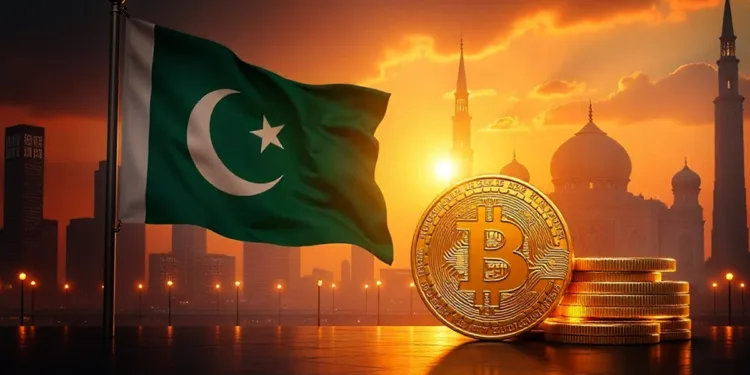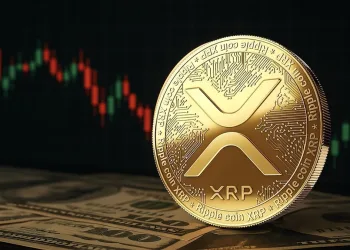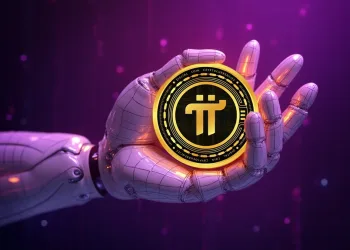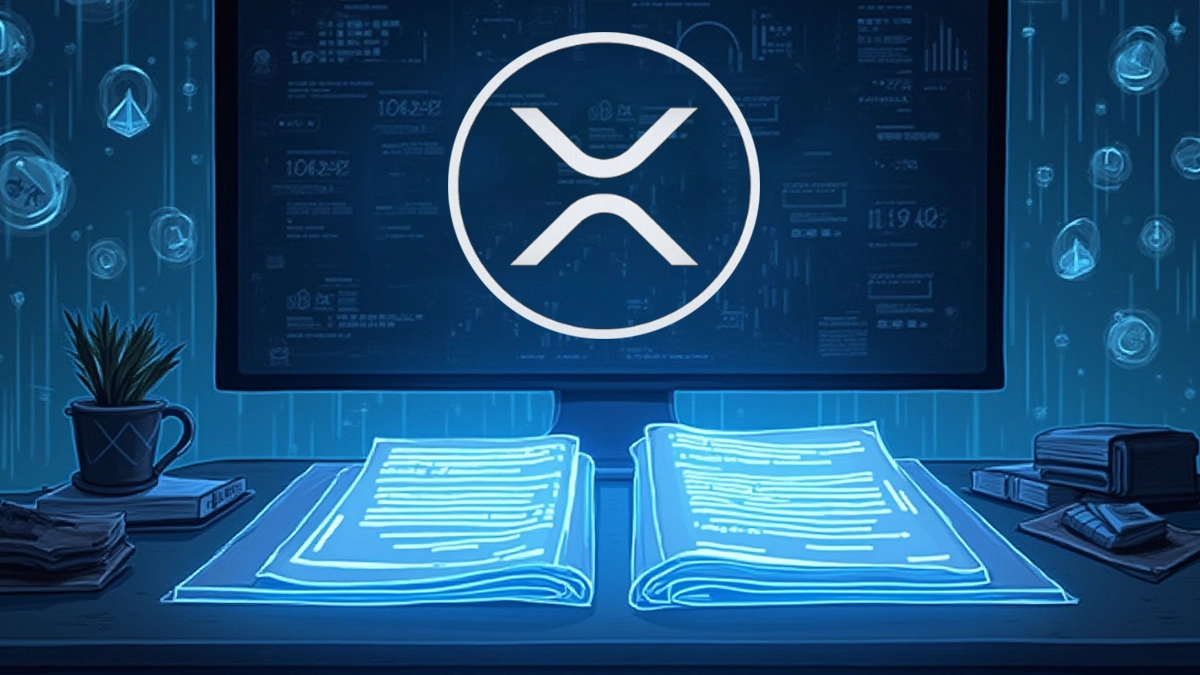- Pakistan’s Bitcoin reserve plan reflects a strategic pivot in digital asset adoption.
- Global governments now control 463,741 BTC, showing rising sovereign crypto interest.
- Bhutan and El Salvador showcase unique strategies to grow national Bitcoin holdings.
Pakistan has announced its intention to establish a strategic Bitcoin reserve. According to Coingecko report, this initiative signals a significant shift in national financial strategy and digital asset policy. The announcement follows a broader global trend where countries are reevaluating the role of Bitcoin in sovereign reserves.
As of April 2025, governments around the world collectively hold 463,741 BTC, amounting to roughly 2.3% of Bitcoin’s total supply. While some countries are increasing their holdings, others are opting to liquidate, depending on fiscal pressures and regulatory mandates.
NEWS: Pakistan announces plans to establish a Bitcoin strategic reserve.
— CoinGecko (@coingecko) May 29, 2025
As of April 2025, governments collectively hold 463,741 $BTC, representing around 2.3% of Bitcoin’s total supply.
Our latest study reveals the U.S. leads in holdings, followed by China and the U.K.
Read… pic.twitter.com/OYKwucqY7k
Global Bitcoin Holdings in Flux
The United States remains the world’s largest government holder of Bitcoin, maintaining 198,012 BTC worth around $18.3 billion. However, this number has dipped slightly due to recent liquidations. In March 2025, the U.S. introduced a new strategy called “Digital Fort Knox,” centralizing seized crypto assets into a national digital reserve.
China comes in second with 194,000 BTC, valued at approximately $17.6 billion. These holdings trace back to a 2019 crackdown on the PlusToken scheme. Despite ongoing restrictions on crypto trading and mining, China has held onto these assets without clarifying future intentions.
The United Kingdom ranks third, holding 61,000 BTC from crime-related seizures. Policymakers are still debating whether to use the funds for public services or to sell them off. Conversely, Germany fully exited its Bitcoin position by mid-2024, selling 46,359 BTC and causing a notable market correction.
Emerging Players: Bhutan and El Salvador
Bhutan offers a different model. The country has accumulated 8,594 BTC by leveraging its abundant hydroelectric power to mine Bitcoin sustainably. This approach allows Bhutan to strengthen its reserves without market exposure or legal complexities.
El Salvador continues its unique purchasing strategy. Since late 2022, it has been buying 1 BTC daily. This consistent approach has increased its holdings to 6,135 BTC. The country aims to integrate Bitcoin more deeply into its national economy, setting an example for other developing nations.














